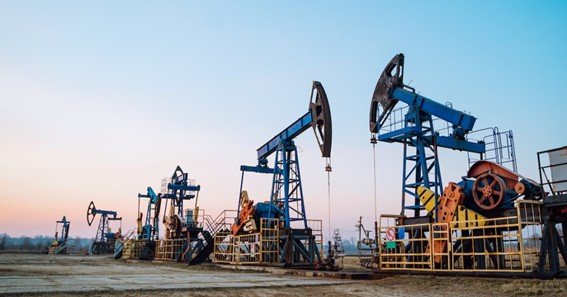The oil and gas industry has long been a cornerstone of the global energy sector, offering numerous employment opportunities across various disciplines. However, with evolving environmental concerns and the rise of renewable energy, many are questioning: Is oil and gas production a good career path?
Opportunities in Oil & Gas Production
Despite the growing emphasis on sustainable energy, the oil and gas sector remains a significant employer. In 2021, it supported approximately 10.8 million jobs in the U.S., accounting for 5.4% of total employment. The industry also contributed nearly $1.8 trillion to the U.S. economy that year.
In-Demand Careers
The industry offers a range of roles, including:
- Petroleum Engineer: Designs methods for extracting oil and gas from deposits. Median Salary: $131,800.
- Chemical Engineer: Processes samples and ensures correct chemicals are used in transforming crude oil. Median Salary: $106,260.
- Petroleum Geoscientist: Searches for oil and gas deposits suitable for extraction. Median Salary: $87,480.
These positions often require specialized education and training, reflecting the technical expertise needed in the field.
Educational Requirements
Entry-level positions may require a high school diploma and on-the-job training. However, specialized roles typically demand at least a bachelor’s degree in relevant fields such as engineering or geoscience. Advanced positions may necessitate further education and industry experience.
Pros and Cons of a Career in Oil & Gas Production
Pros:
- High Earning Potential: Many roles offer lucrative salaries and comprehensive benefits.
- Career Advancement: Companies invest in workforce development, encouraging skill enhancement and innovation.
- Global Opportunities: The industry’s global presence allows for travel and exposure to diverse cultures.
Cons:
- Environmental Concerns: The industry’s impact on the environment may pose ethical dilemmas.
- Work Conditions: Some roles involve hazardous environments and exposure to extreme conditions.
- Market Volatility: Economic fluctuations can lead to job instability during downturns.
Future Outlook
The transition to renewable energy sources is reshaping the energy landscape. While oil and gas remain integral, the industry is adapting by integrating sustainable practices and exploring alternative energy solutions. This evolution may influence job availability and required skill sets, emphasizing the importance of adaptability for professionals in the field.
FAQ
- Is oil and gas production a stable career choice?
- While the industry offers numerous opportunities, it is subject to market fluctuations and evolving environmental policies, which can impact job stability.
- What educational background is ideal for entering the oil and gas industry?
- Degrees in engineering, geoscience, or related fields are commonly required for specialized roles.
- Are there opportunities for career advancement in this field?
- Yes, the industry encourages skill development and offers pathways for advancement, especially for those with specialized expertise.
- How is the shift towards renewable energy affecting careers in oil and gas?
- The growing focus on renewable energy is prompting the industry to adopt sustainable practices, potentially influencing job roles and necessitating new skills.
- What are the environmental considerations of working in oil and gas production?
- Professionals may face ethical considerations due to the industry’s environmental impact, including contributions to pollution and greenhouse gas emissions.
In conclusion, a career in oil and gas production offers substantial opportunities but comes with challenges, particularly in the context of a transitioning energy sector. Prospective professionals should weigh these factors and consider their long-term career goals and values.










